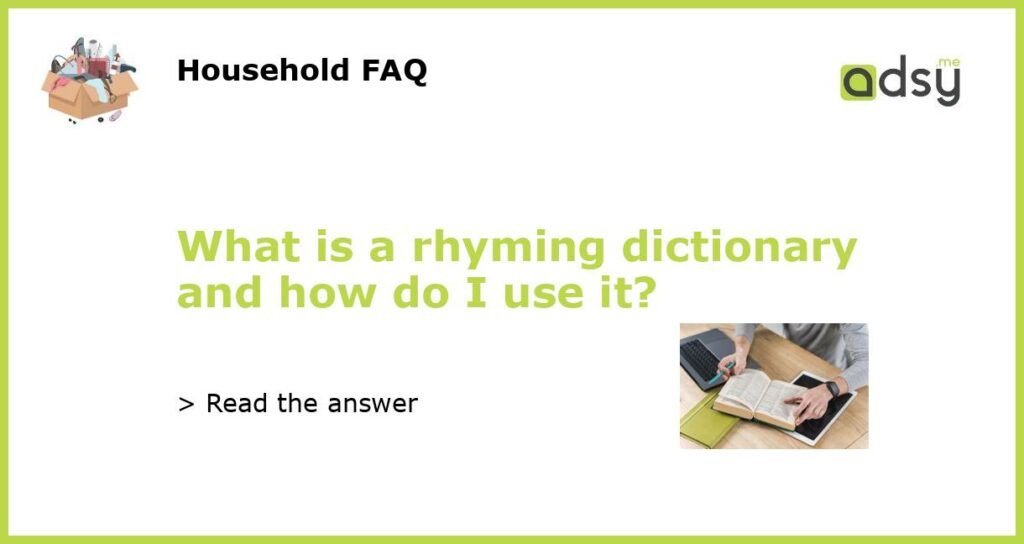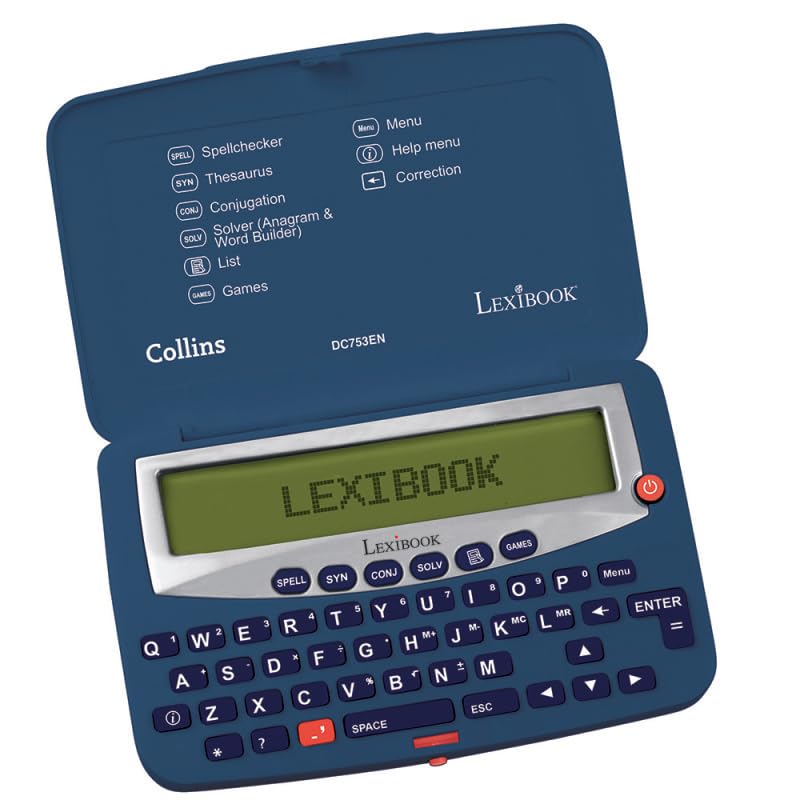What is a Rhyming Dictionary?
A rhyming dictionary is a tool that helps you find words that rhyme with one another. It contains a list of words that end with the same sound, sorted alphabetically. These dictionaries also give you options to find words that rhyme with more than one syllable or with certain accents. They help poets, rappers, and songwriters write lyrics that sound great and have a rhythmic flow to it.
How to Use a Rhyming Dictionary?
The use of a rhyming dictionary is pretty simple. First, you need to have a word you want to rhyme with. After that, search for a rhyming dictionary online or use one of the many available in the market. Once you have the rhyming dictionary, type in the word you want to rhyme with and search. The dictionary will provide you with a list of words that end with a similar sound.
Why You Need a Rhyming Dictionary?
A rhyming dictionary is a helpful tool, especially for non-experienced writers to help you come up with better lyrics. It allows you to have more vocabulary choices and keep your lyrics sounding fresh from line to line, rather than repeating the same word ending. A rhyming dictionary helps you write lyrics that flow together, keep a beat and rhythm, and create a memorable experience.
Where to Find a Rhyming Dictionary?
In today’s era of the internet, finding a rhyming dictionary is as easy as doing a Google search. Some of the best rhyming dictionaries are online, and they are free. Websites such as RhymeZone, Datamuse, and Rhymer provide instant access to their rhyming dictionaries online. It is a quick and easy tool to use for your writing needs.
Beyond Rhyme
While a rhyming dictionary is excellent for finding words that have similar endings, using this tool doesn’t always ensure that your lyrics will be great. It’s important to remember that sometimes, limiting too many words to a specific ending can be detrimental to your song or poem’s overall flow.
Using a rhyming dictionary is a great starting point, but you also need to remember that good writing is never just about rhyme. It’s just as important to focus on other aspects such as imagery, metaphors, similes, storylines, and emotion, to name a few.






